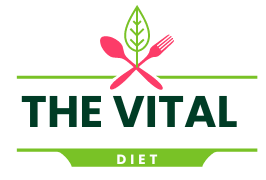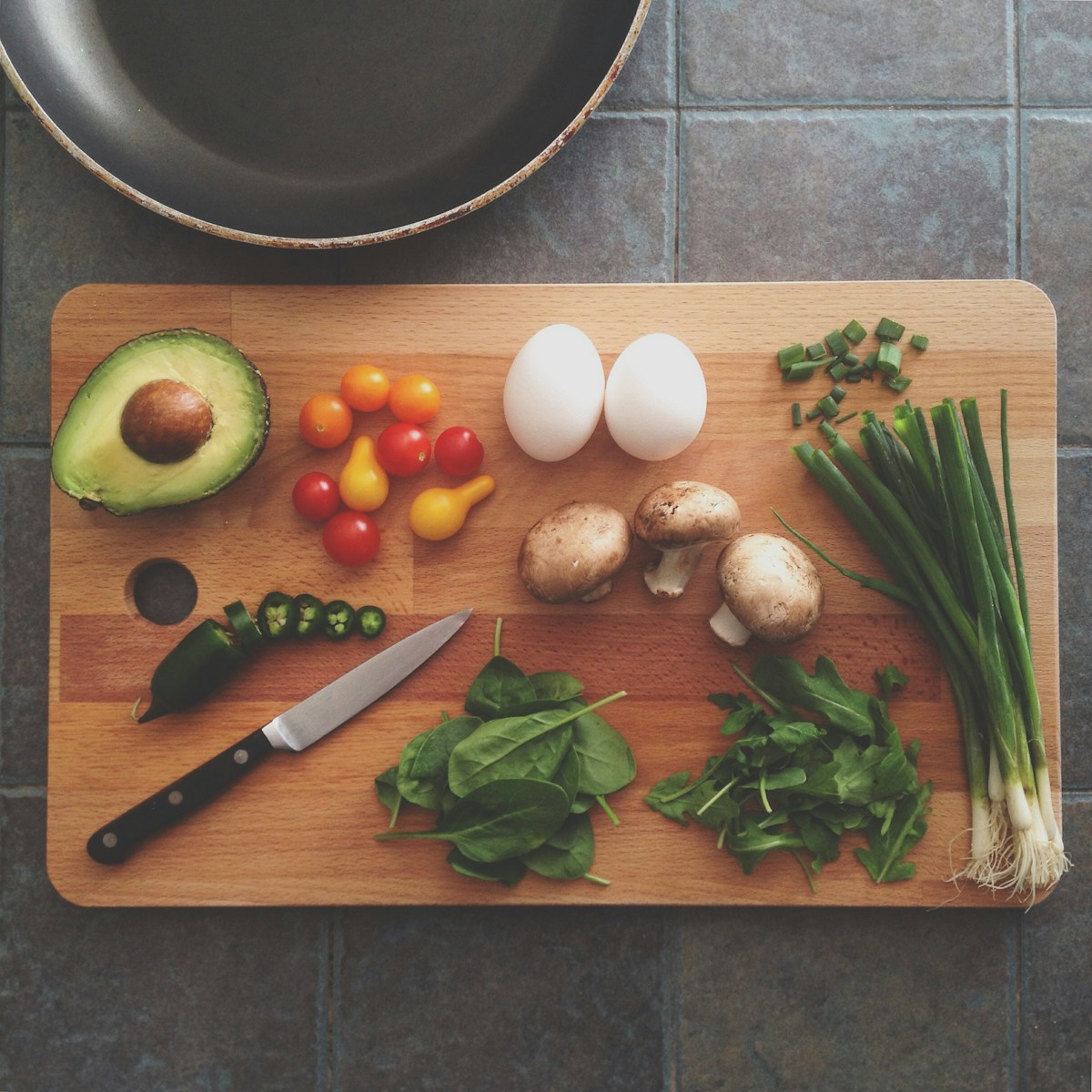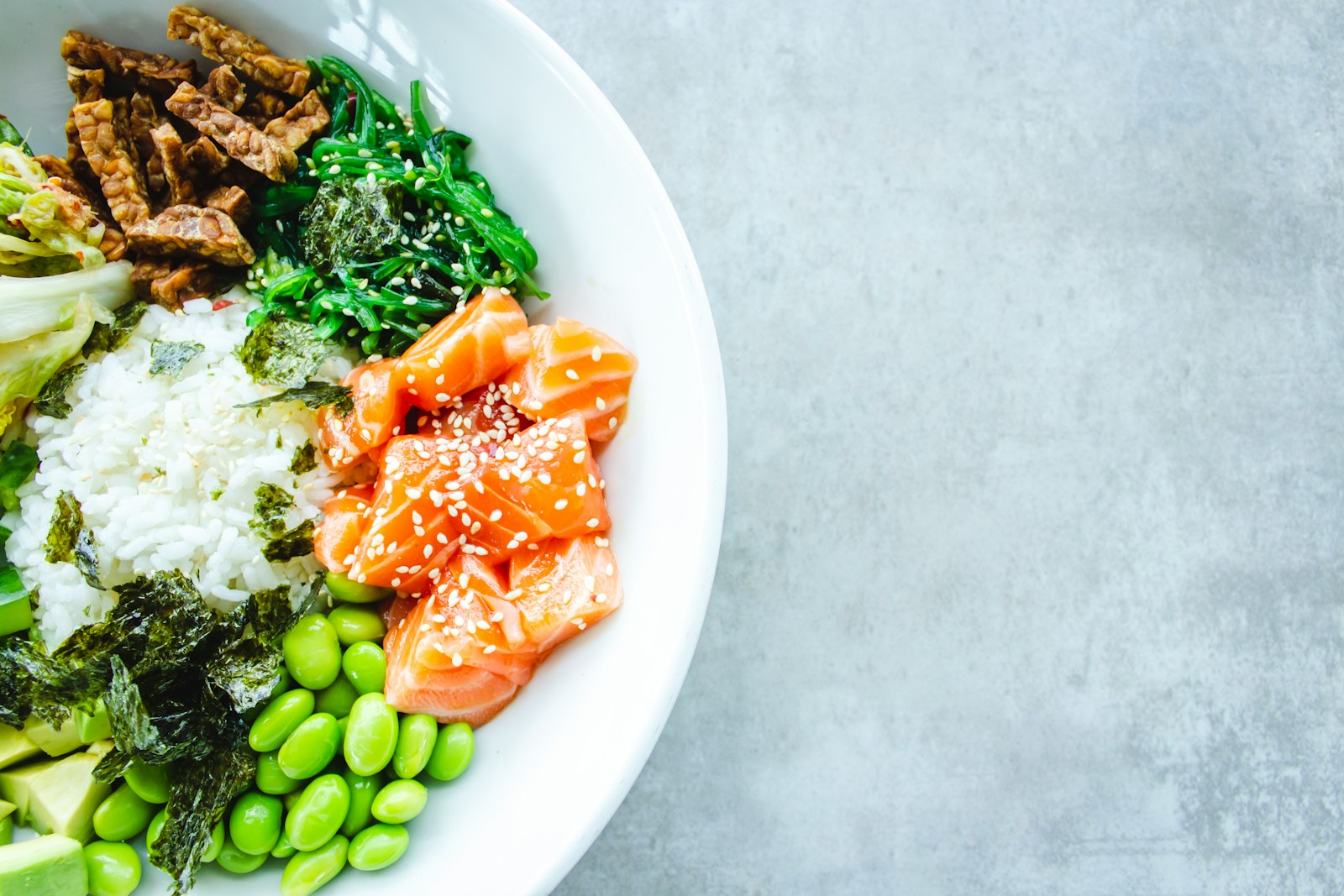
Authored by an experienced dietitian and nutritionist, this article will provide an insightful look into how your diet can help alleviate the discomfort of constipation.
Introduction
Constipation is more than just a minor inconvenience—it can significantly impact your quality of life. The good news? Your diet can play a key role in managing this condition. This article will delve into the seven best foods to help alleviate constipation, as recommended by a dietitian.
Understanding Constipation: The Role of Nutrition
Constipation, characterized by difficult, infrequent, or incomplete bowel movements, is a common gastrointestinal issue. Nutrition is instrumental in managing constipation, with certain foods known to promote regularity[^1^].
Fiber: The Digestive System’s Best Friend
Fiber, found in abundance in whole grains, fruits, and vegetables, is crucial for healthy bowel movements. Two types of fiber—soluble and insoluble—work together to soften the stool and speed its passage through the gut[^2^].
Soluble fiber, found in foods like oats, legumes, and potatoes, absorbs water to form a gel-like substance, acting as a prebiotic that feeds beneficial gut bacteria. Insoluble fiber, found in wheat bran and other sources, aids stool transit through the gut[^2^].
However, hydration is critical when increasing fiber intake. Without adequate water, even a high-fiber diet won’t promote regular bowel movements.
Seven Nutrition Powerhouses for Alleviating Constipation
Here are seven standout foods that can help relieve constipation.
Plums: Juicy, Delicious, and Laxative
Plums and their dried counterparts, prunes, are rich in fiber and natural sugars, like sorbitol, that act as osmotic laxatives, helping to soften stools[^2^].
Avocado: A Fiber-Rich Superfood
Avocados are loaded with fiber, with one fruit providing approximately half of your daily fiber needs[^3^][^4^].
Oat Bran: A Nutrient Powerhouse
Oat bran, the outer layer of the oat grain, is an excellent source of both soluble and insoluble fiber. It’s also rich in beta-glucan, a non-starchy polysaccharide that improves gut bacteria composition and promotes healthy bowel movements[^5^].
Kiwi: A Prebiotic Fruit
Kiwifruits have been scientifically proven to alleviate constipation. They act as prebiotics, altering gut microbiota in a way that encourages regular bowel movements[^7^].
Figs: A Natural Laxative
Whether fresh or dried, figs are packed with antioxidants, polyphenols, and vitamins. They are known for their laxative properties and have shown effectiveness in treating constipation[^8^][^9^].
Flaxseeds: Fiber and Healthy Fats
Flaxseeds offer a wealth of dietary fiber and healthy fats. They help move waste through the gut and act as a prebiotic to improve gut bacteria diversity[^10^][^11^].
Kefir: A Probiotic Beverage
Kefir, a fermented milk beverage, is rich in probiotics that maintain digestive system health[^12^][^13^].
Incorporating Gut-Friendly Foods Into Your Diet
Here are some ways to easily add these gut-friendly foods into your daily menu:
- Create a parfait: Layer probiotic-rich yogurt with fruits, nuts, seeds, and granola.
- Try a grain bowl: Start with a base of whole grains, then top with protein, vegetables, avocado, and a dressing.
- Blend a smoothie: Use kefir as a base and add fiber-rich fruits like kiwi and blueberries.





